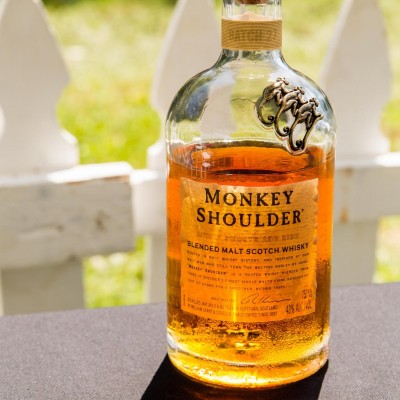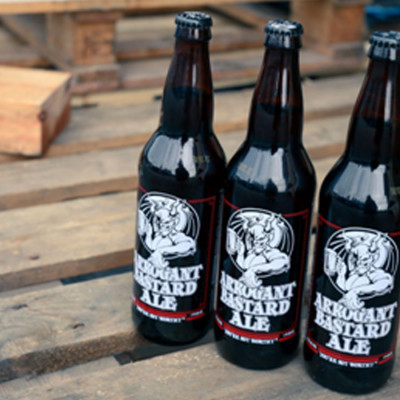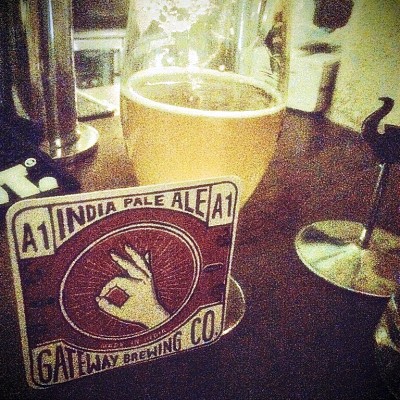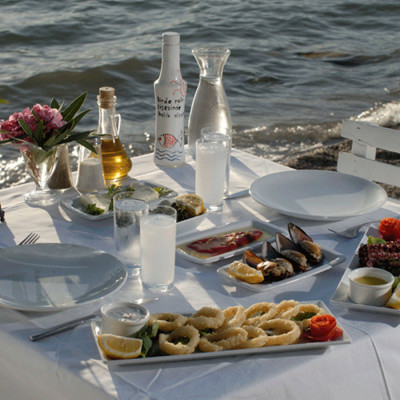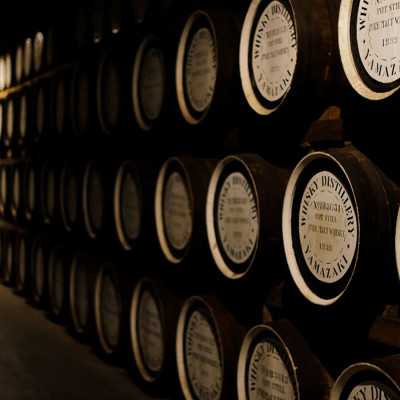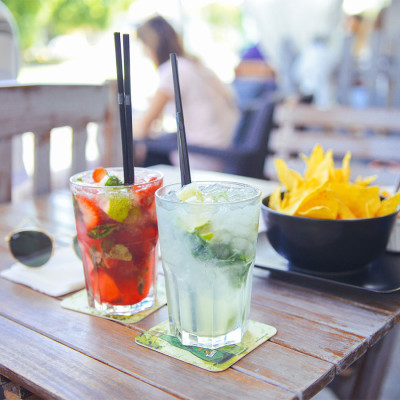Slurp the sexy and smooth Sake – Japan’s favourite drink!
By: Vaniitha Jaiin, On: October 28, 2015 Daiginjo, Ginjo, Japan, Japan Drinks, Japan's Drink, Japanese Whisky, Japanese Wine, Ochoko, Rice Wine, Sake, Wine in Japan
Apart from the Japanese whisky, the world is getting high on Sake. In fact in 2014 Japan earned a record-breaking sum from Sake exports. So, what makes sake what it is?

What is Sake?
Is it wine? Is it beer? Hmm, it’s a little bit of both. Sake, Japanese-originated rice beverage, is brewed like beer but has the fulsome flavours, from sweet to complex characters, like wine. It has 13 to 20 per cent of alcohol.

What does Sake taste like?
As it offers a wide range, it would be limiting its gustatory effects. As it be consumed warm or cold, here’s a broad spectrum of what to expect – when had chilled it can taste like a dry white wine and when enjoyed warm it taste like whisky. But then taste is a subjective thing. So, sip your sake with an open mind to explore the pleasures it tends.
How do you drink it?
The most authentic receptacle for Sake is had in ochoko (small ceramic cups) or masu (wooden measuring boxes), but can also drink it out of a glass or specially-made sake glasses.
Some sakes are best served cold and some warm (not hot like tea). Fine sakes are heat sensitive so to avoid killing the flavours let it warm up at room temperature. And by cold it doesn’t mean by adding ice, it means right out of the fridge. But to make it simpler, Ginjo and Daiginjo are best not warmed and Junmai and Honjozo taste good either way. You can also make cocktails with as it has many complex flavours.

Are there many types of Sake?
Yes! Like wine there are various types of rice brewed to make Sake, which are available in single varietal and blends, filtered and unfiltered variety.
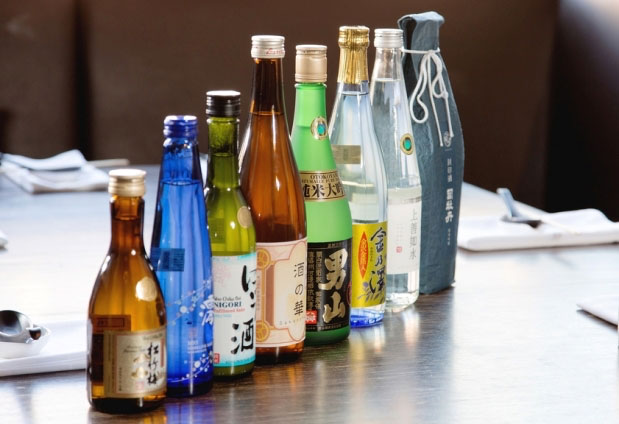
- Junmai is a produced from water, rice, koji and yeast. It is not sweet, but acidic and earthy.
- Ginjo is produced from rice that is 40 per cent polished. It is light, fruity and non-acidic.
- Daiginjo is produced from rice that is 50 per cent polished, thus more refined and stronger.
- Honjozo is produced like Junmai (water, rice, koji and yeast) but distilled with alcohol. It is fragrant, lighter and smoother than Junmai.
- Namazake can be made similarly to the above sakes but isn’t be pasteurized. It is fresh and lively in taste so best served chilled.
- Nigorizake is a cloudy and coarsely filtered sake. It is sweet, creamy and thick.
Shake it, sip it and enjoy sake!
Related Articles
About Us
The Perfect Pour is your destination to demystify the overwhelming world of wonderful wonders – wine, whisky, gin, tequila, beer, brandy, vodka, rum, etc. Find out What, Why, When, Where and How to drink your favourite beverage. ..
About Vaniitha
Wine & Spirits Specialist. Whisky Enthusiast. Marketing Wizard. Globetrotter. Runner. Passionate. Just a few words that concisely but aptly define me, Vaniitha Jaiin. ..

